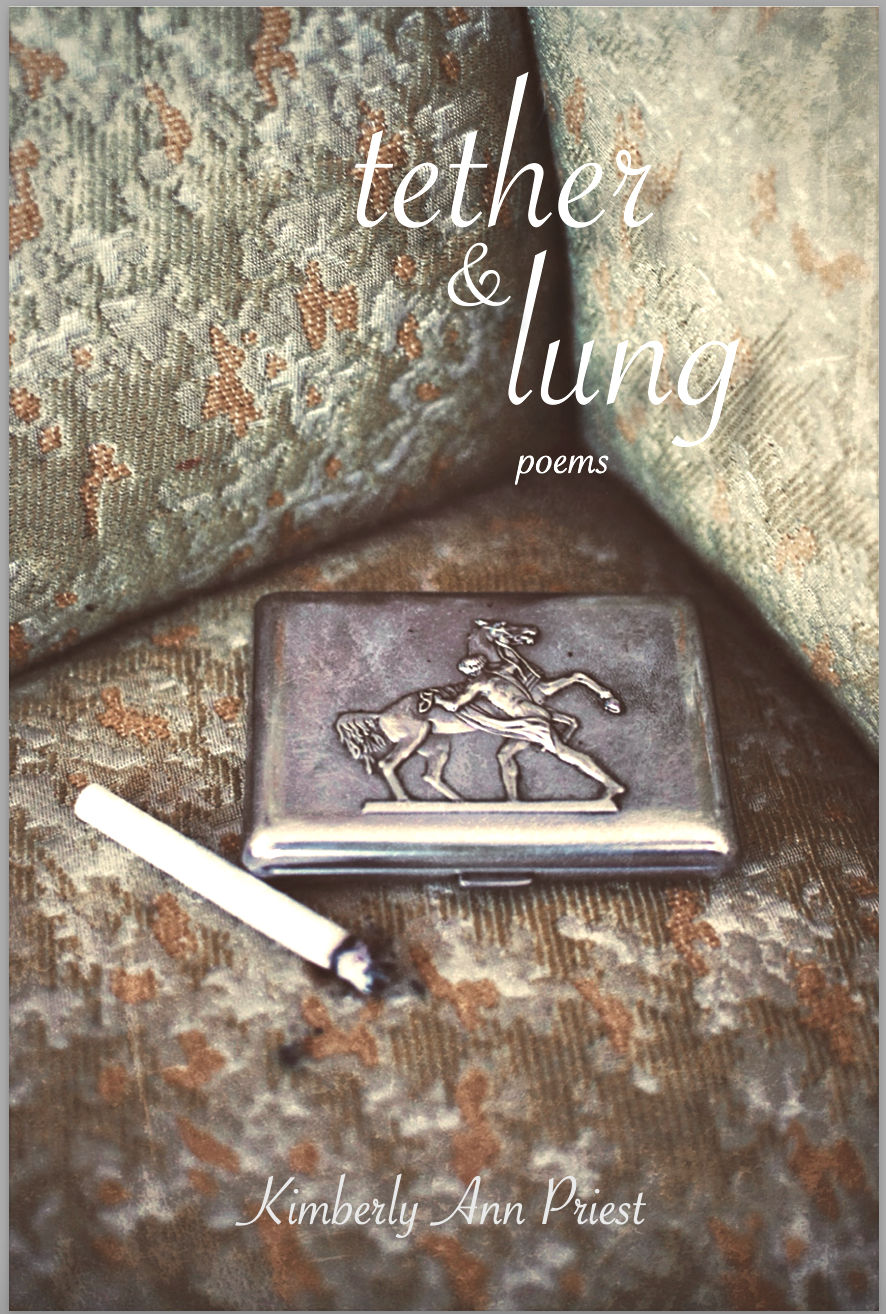Much gratitude to Brittany Micka-Foos at Another Chicago Magazine for reading my book and writing this wonderful review.
"How do we make sense of a world of pleasure and pain, where 'everything in creation is soft and violent'?" she asks and comments, "Priest leaves this unanswered. Questions hang in the air like mist upon a garden. This is the collection’s strength: to probe thorny issues of belief and secrets and pain without being consumed by them, to grant them their birthright of cracked-open beauty."

Read more at the Another Chicago Magazine website.

Live in the Portland, Maine area? Yes?
Then it is my hope that you can join me this Thursday, February 5 @7PM at PRINT: A Bookstore to listen to some of the poems from my new book Wolves in Shells, winner of the Backwater’s Prize in Poetry from University of Nebraska Press. The wonderful Kate Kearns will be leading the conversation on how this book speaks to my two preceding full-length poetry collections tether & lung (Texas Review Press) and Slaughter the One Bird (Sundress Publications) as well as current cultural narratives concerning gender and violence in America.
View the event page at the PRINT website to learn more about our book purchase deal and an opportunity to bring donations for Maine Needs!

